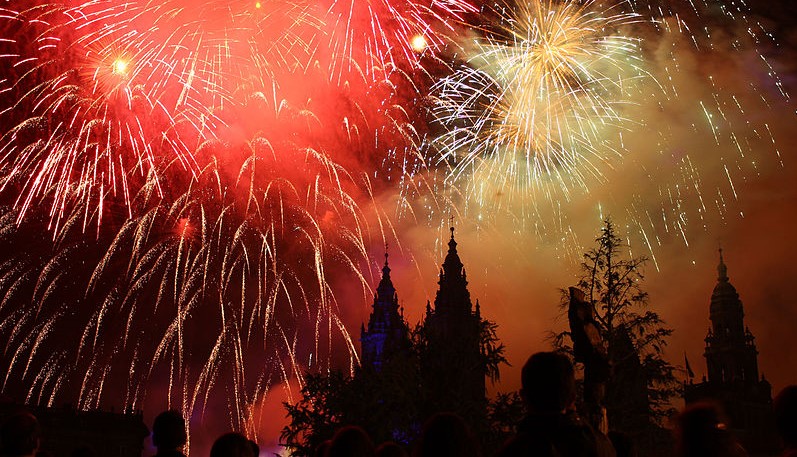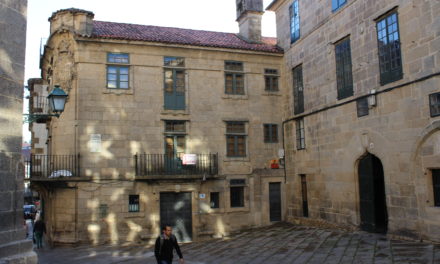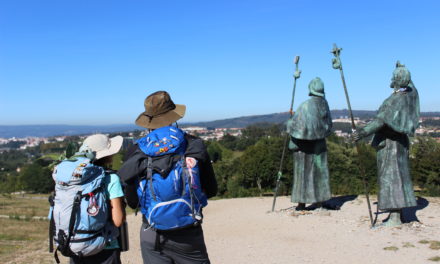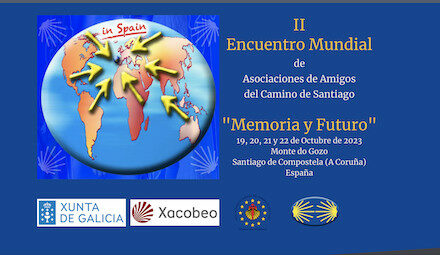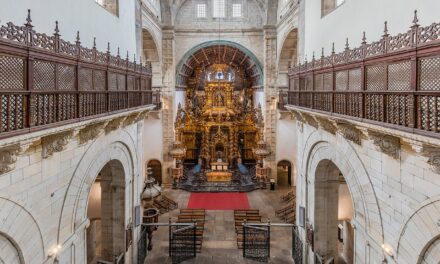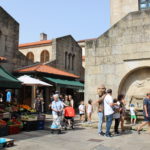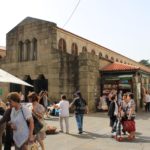On July 25th the celebration of the Apostle Santiago is celebrated, it is the day of Santiago el Mayor and many celebrate it … but few know why!
During the Middle Ages, the feast of Saint James meant a special day insofar as it recalled the Saint in the religious liturgy of all the churches of Christendom. In addition, privileges or “indulgences” would have been created, that is, the possibility of obtaining forgiveness of sins for the pilgrims or the faithful who attended mass in Santiago or the churches under its aegis.
The celebration of Santiago did not celebrate the birth of the saint, but commemorated his death as a martyr, an end that together with his character as a disciple very close to Christ conferred on him the character of an apostle and a saint.
There are many data and references that indicate the year 44 as the date of the martyrdom of Santiago, however, the choice of July 25th does not seem to be based on any historical data but, rather, following other criteria such as seeking the coincidence of that date with the feast of San Cristóbal, a saint greatly venerated in the Middle Ages, with whom it was decided to link our Apostle. In any case, the celebration of the day of Santiago would be a very old rite, a feast day established in Rome around the tenth century or, certainly, in the eleventh, when we have positive evidence of its being celebrated in the Roman basilica of San Peter’s.
With the passage of time, July 25th was established as the date on which the pilgrims to Compostela could obtain general forgiveness of all their sins, a forgiveness that could be extended throughout the whole year when the feast day fell on a Sunday, when it became a Compostelano Holy Year. The beginning of those special years or Compostela Holy Years is not documented, although the existing data allow us to suppose that they began to be celebrated at the end of the XIV century or the beginning of the XV and that they would have been inspired by the Jubilee of Rome, the celebration of a ” Gran Perdón “in the city of the popes instituted in the year 1300.
Today, in the XXI century, the festival of Santiago is celebrated more than ever and represents many more things: the religious and aspects of forgiveness are maintained, but to them other aspects have added and, above all, festivities, where pilgrims from all over the world unite and congregate in different parts of the city.
As part of the current celebrations, mention must be made of the magnificent firework display which takes place in the Plaza del Obradoiro during the night of 24th. This is an impressive show that in recent years has been accompanied by projections and audiovisual shows on the facades of the cathedral and other historic buildings in the square. On the day of the 25th, there is a celebration of a holy mass in the cathedral, during which the King or a delegate of the Royal Household makes a traditional offering to the Apostle Santiago. But, July 25th is also the day of Galicia, which means that there are many different celebrations by the Galicians in honour of their region.
Photo: We have taken this image of the Commons Wikipedia project, its author is Contando Estrelas.

